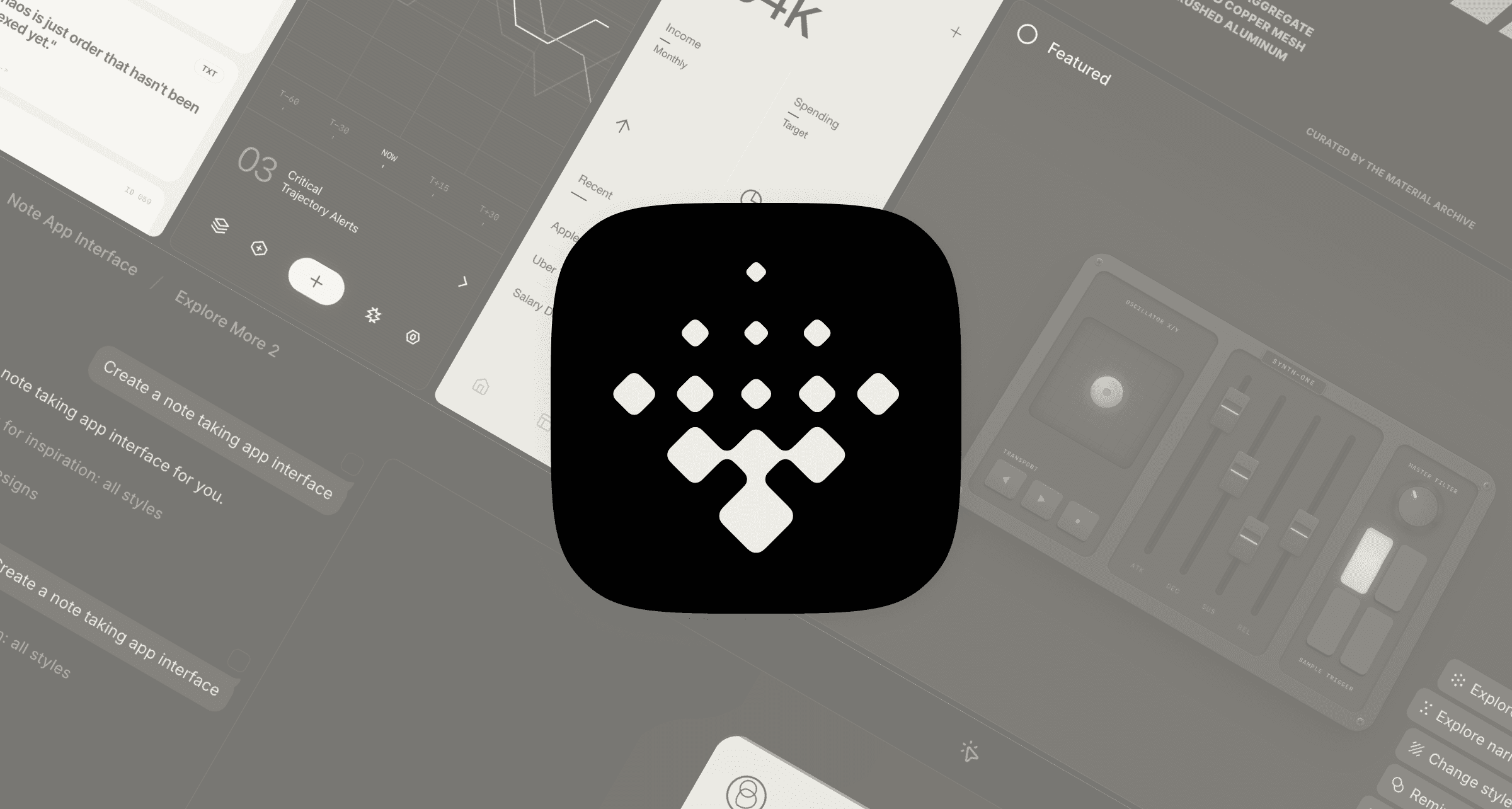Alloy.app Review
Capture UI
Alloy's browser extension lets you capture any web page, both inside your web app or apps and landing pages you like. It saves those captured pages to be used later on by you for AI editing.
AI prototyping
Captured pages are used as "base screens" that you edit using AI. Similar to other AI prototyping tools, you simply send prompts through the chat, and Alloy's AI does the rest.

Here's an example of my capture of Grammarly's home page, and a prompt to change the accent color from green to blue.
It can do basic edits like changing texts, tweaking layout, and more complex things like adding new elements + components to the screen.
Here's another test on the Loops documentation page, where this time I asked Alloy to add a sign-up button to the sidebar.

At first, it made a white button that was invisible, but after 3 prompts, it actually added it to the page!

Sharing
You can share prototypes with your team or stakeholders just like in any other collaborative tool. The visual fidelity helps reduce "that doesn't look like our product" friction and is quite helpful for user testing or sharing hypotheses with others.
Editing & Versions
Alloy.app gives basic manual edits to change some visual properties of elements you select, similar to visual edit mode in v0 or Lovable. You can also access previous versions of AI-generated edits and quickly restore the one that you like.

Alloy.app Pros and Cons
I tested it on a few real products and found a few positive and negative things. Though design replication is impressive, there are a few critical limitations due to the product being relatively young.
Pros
Excellent visual fidelity, prototypes look like a real app
Similar to Base44 chat-based editing
Easy onboarding and intuitive interface
Cons
Needs a Chrome plugin to work
The initial generation is very long, it takes 3-10 minutes from capture to the moment when you can edit
No side-by-side canvas, works well only for single-page prototypes
No Figma export or import
Alloy.app Pricing
Alloy AI has a Pro plan that costs $20/month to unlock unlimited prompts to AI. Though there's no information on daily and monthly limits at this moment.

Alloy.app Alternatives
Banani
If you want to generate high-fidelity screens and organize them on canvas, Banani is a better fit. It's more design‑first and allows you to export your prototypes to Figma.

You can also start from your existing UI, but instead of using a browser extension, add reference images. In addition to canvas, where you can see the whole flow side-by-side, you get themes, control over design tokens, and more.
MagicPath
Focused on canvas-style editing and React UI generation, similarly to Alloy, MagicPath lets you explore new features or product ideas quickly.
Visily
Visily is good for teams who want fast mockups without needing design skills. It gives you templates, drag-and-drop editing, and similar AI-based UI generation. Fidelity is lower than Alloy, but it has a much bigger feature set comparable to Figma.
More
Find 10+ alternatives and how they compare to Alloy in our full review of the best AI prototyping tools!
Alloy.app Use‑cases
PMs designing feature flows
Designers focused on UX who need hifi mockups quickly
User testing with realistic UI
Summary
If you tried other AI tools but weren't convinced because they generate screens that don't look like your product, Alloy is a great choice. Though there are a few critical limitations, it's a great pathway to AI prototyping for those who haven't tried it before.




